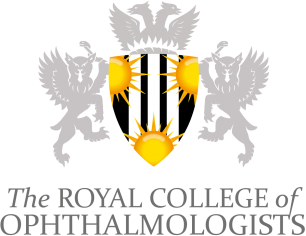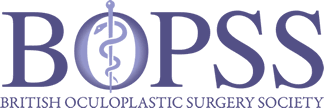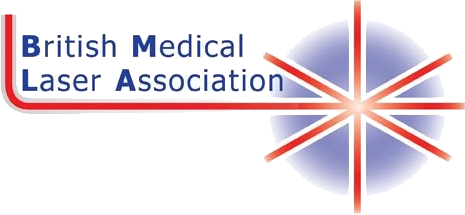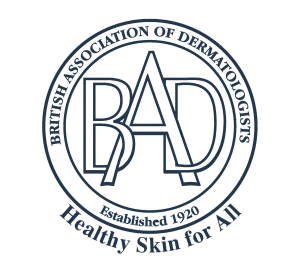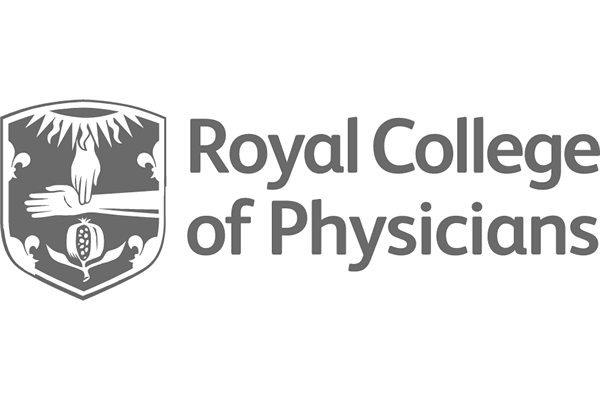Radiofrequency ablation (RFA) is a minimally invasive procedure used to treat varicose veins.
RFA Treatment
During radiofrequency ablation for varicose veins, radio waves are sent through a precisely placed needle to heat the wall of the veins so they collapse and close. Blood is then naturally redirected through nearby healthy veins.
Usually, the procedure takes around 45 and 60 minutes.
Procedure and recovery
Radiofrequency ablation is an outpatient procedure, performed under local anaesthetic with resumption of normal activity within a day. Discomfort and bruising may be identified, but discomfort is felt only for a couple of days following the procedure and bruising may be visible for one or two weeks.
Also, although the medium and long-term results of radiofrequency ablation and laser ablation (EVLA) are identical, there are some minor differences which means that some patients are best suited to either one or the other and the consultant can discuss the procedure that is right for you.






